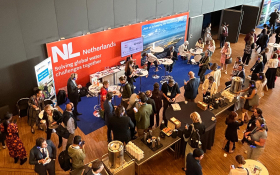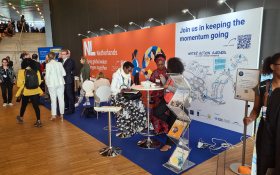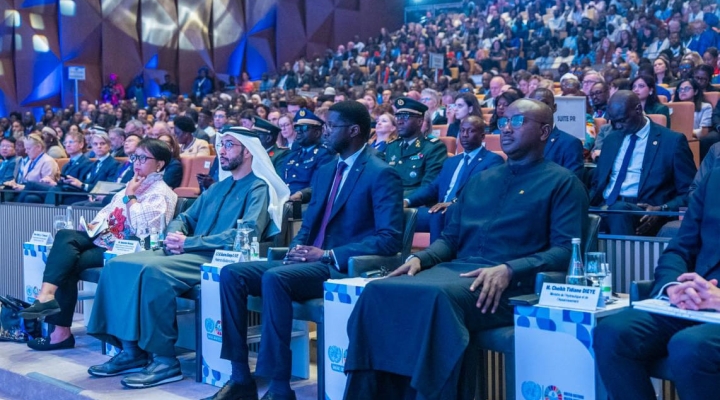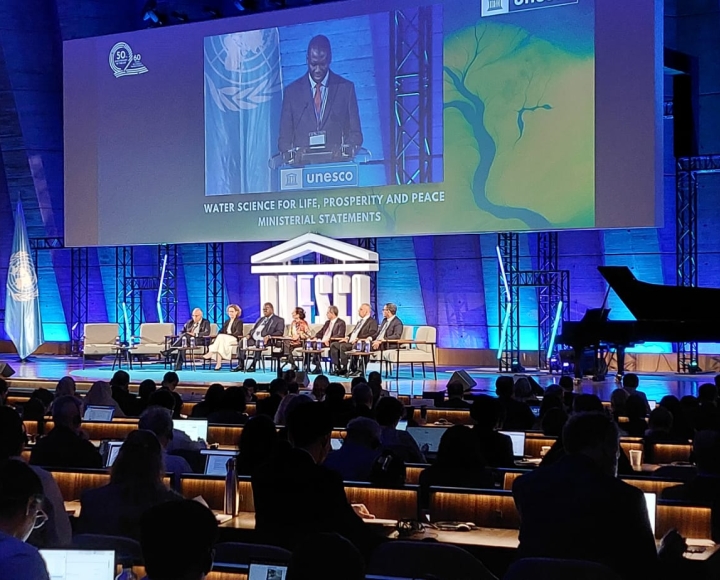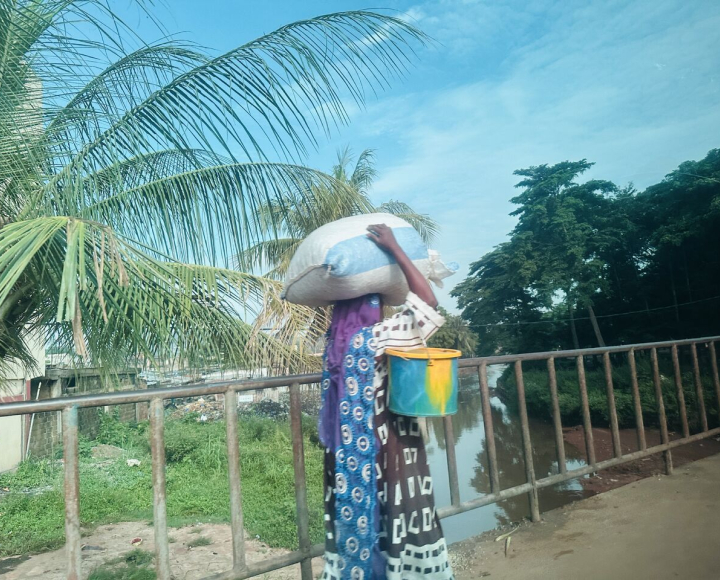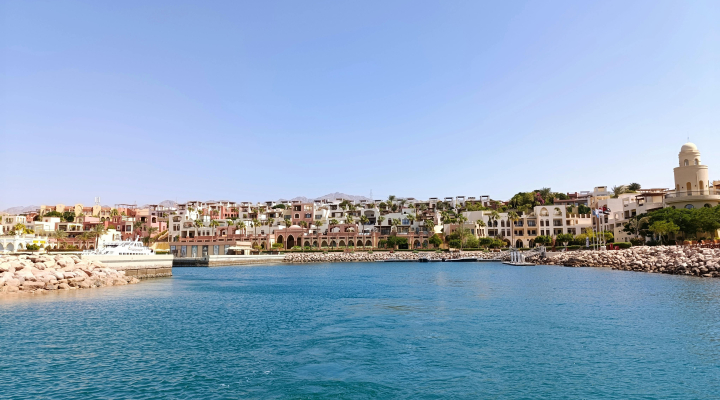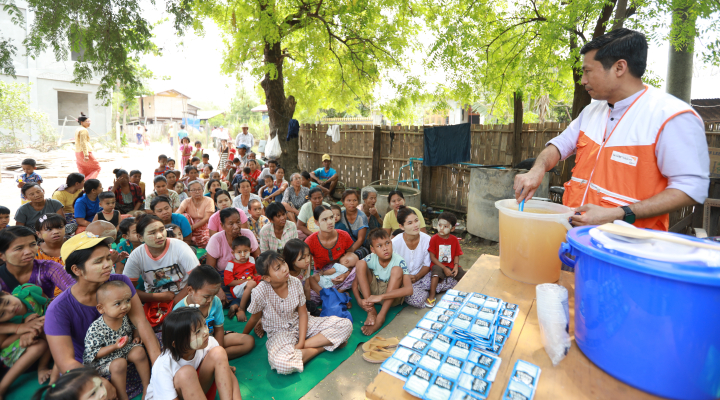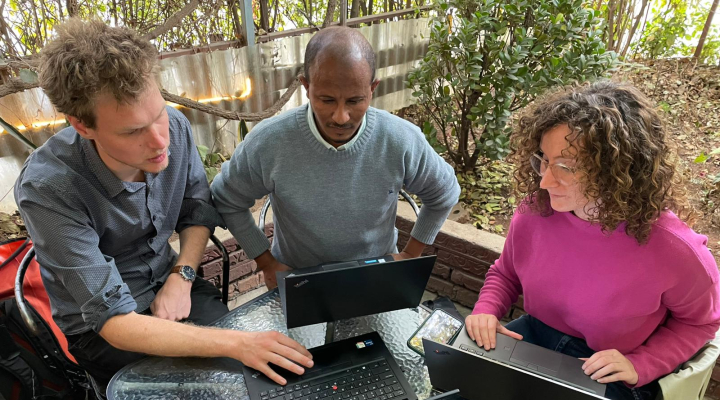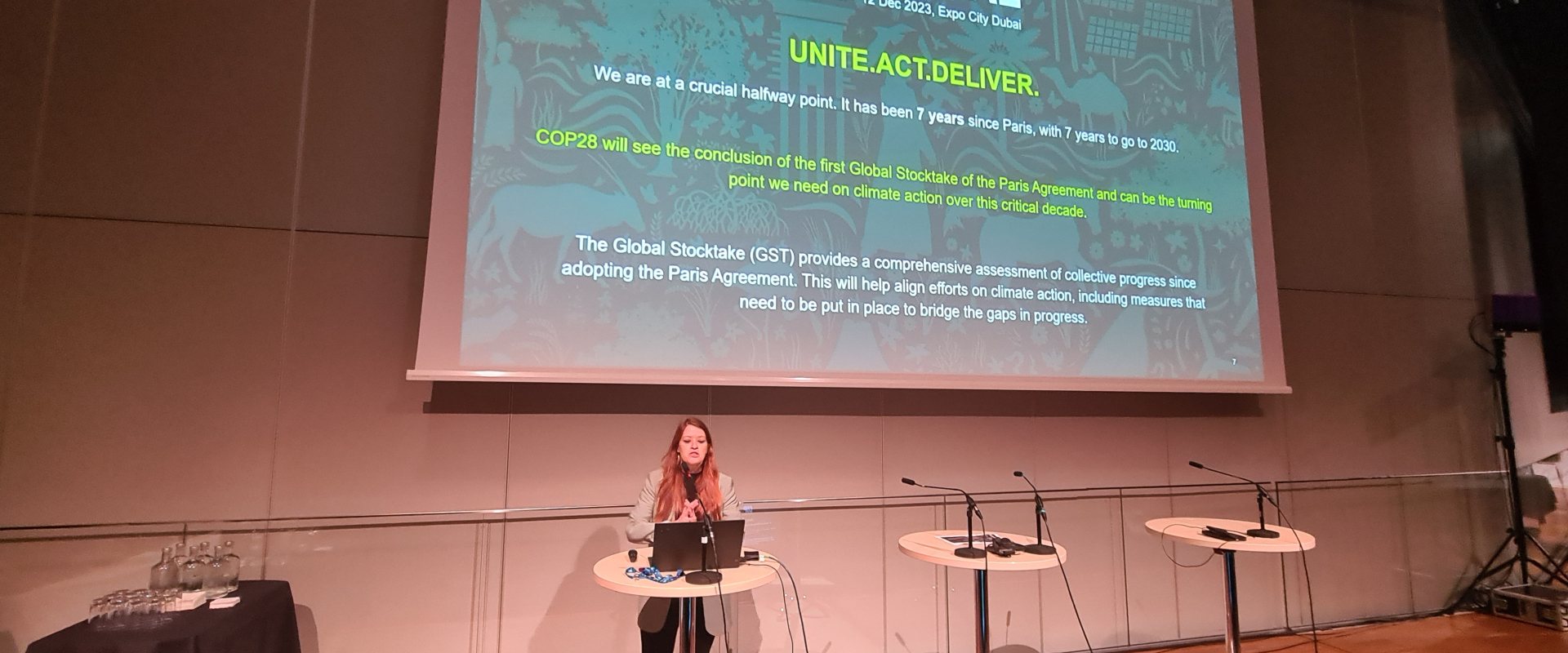
Stockholm World Water Week: Let’s break down the silos between water, climate, and food
The climate summit COP28 in Dubai in December provides a unique opportunity to bring the worlds of climate, food, water, and nature conservation together. The United Arab Emirates has invited the Netherlands and Tajikistan to show their leadership on the issue of water. On 10 December there will be a special Water Day. Special Dutch water envoy Meike van Ginneken spoke at the Stockholm World Water Week about the huge opportunity to bring climate, water, and food communities together.
Having the global water community together in Stockholm, was a good opportunity to discuss the agenda for the next climate summit COP28 that will take place in Dubai in December. Invited by the hosting country, the United Arab Emirates, both The Netherlands and Tajikistan are preparing the agenda. At a special session, both countries updated the water community on their progress. High on the agenda is to have a meeting with food and water Ministers. It would be the first meeting on such a high level at a UN convention.
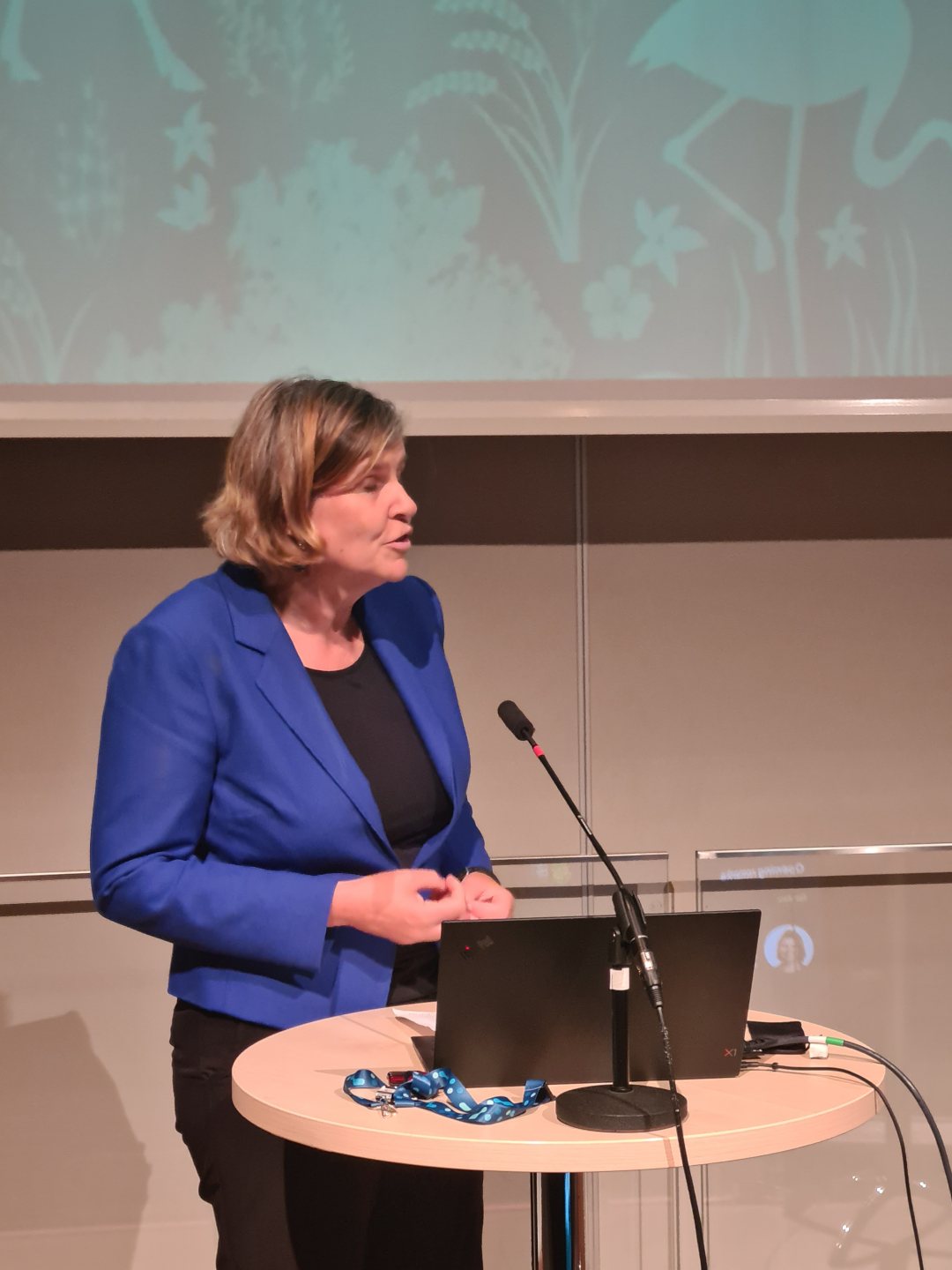

Keep the momentum going
Special Dutch water envoy for the Netherlands, Meike van Ginneken spoke about the importance to keep the momentum of the UN Water Conference in March, going. Especially on the food-water issue. “Changing climate patterns mean that harvests around the world are not what they should be.” She especially highlighted the invisible trends, next to the endless reports on floods and heat waves in the media. “We need to act now. To enhance water security, adapt to climate change, reverse nature loss, use water more efficiently, and produce more crops. Let us not forget, this is also about fighting poverty and fighting hunger. We need to focus on the vulnerable that are already hungry without climate change. So collective action on climate and water is pivotal.”
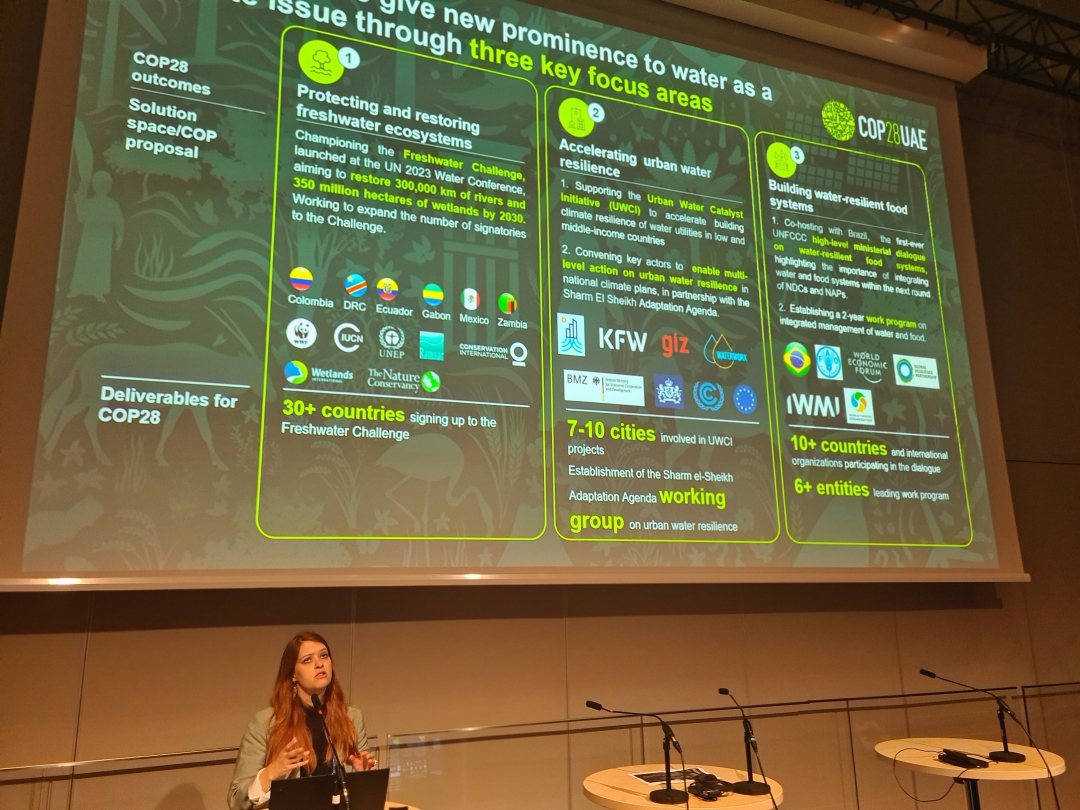

Huge challenges ahead
The water community has huge challenges ahead, but Van Ginneken reminded her audience about past achievements. “The green revolution was also a blue revolution. We figured out how to grow more crops per drop. Huge challenges ahead of us but let us be assured enough that we have done this before and have the skills to do this. Water needs to be at the heart of decision-making. At the heart is climate adaptation. It is about water management. About water being in the wrong places to grow our food to live our lives, and to have an economy”, said Dutch water envoy Van Ginneken.
During the special session, the architecture was shown of the preparations by the water sector. The contribution to the climate summit is based on three pillars. One of the restoration of the freshwater ecosystem to a sure, on the one hand, the biodiversity can increase, but on the other hand enough clean water remains available for the production of drinking water. The second pillar is the acceleration of urbane water resiliency, including efforts to improve the performance of water utilities in low and middle-income countries. The third pillar is on building water-resilient food systems. High expectations are on the Brazilian government that will convey the meeting of food and water Ministers from around the world.
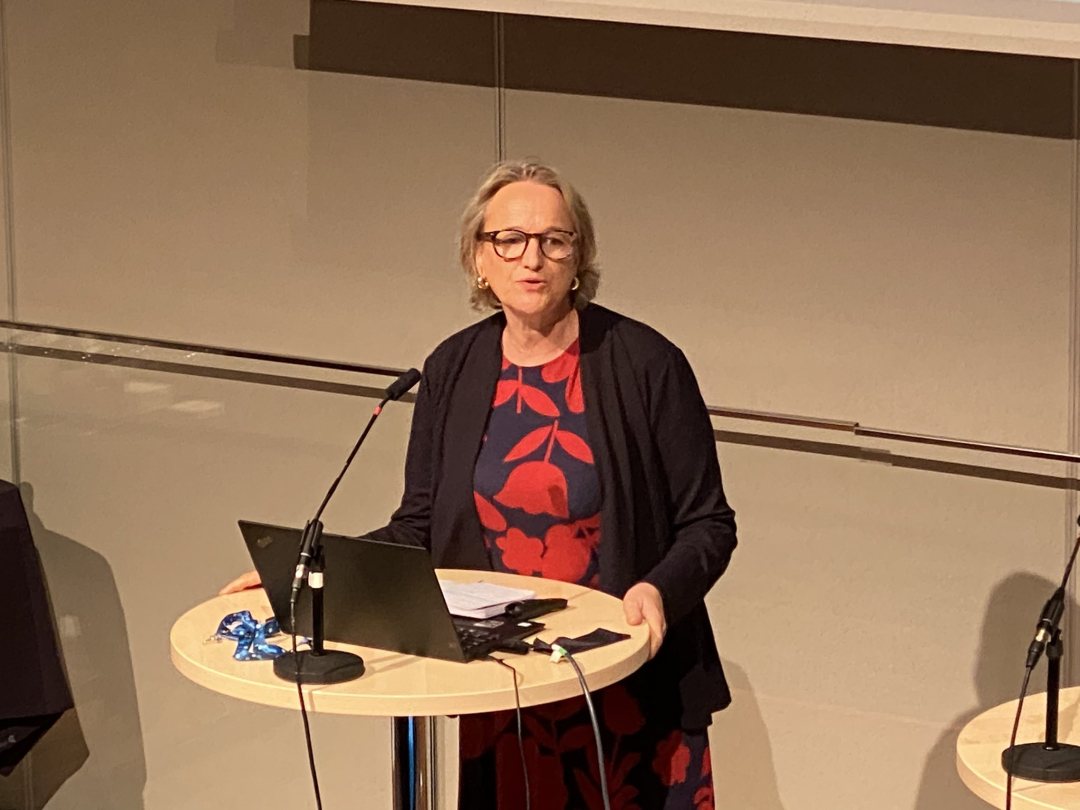

Break down silos
The takeaway message of the International Water Management Institute, which is involved in the pillar on building water-resilient food systems, was to grab this unique opportunity to break down silos that water conferences talk so much about. “Thank you COP28 for this. It will bring down the silos where we always talk about”, said Rachel McDonnell, Deputy Director General at the International Water Management Institute (IWMI) in her closing remarks of the session in Stockholm on 24 August. “We are going to bring water and food together. Of the actions on the UN-Water Action agenda, 30 percent has to do with agriculture. Farmers use 70 percent of fresh water in the world. Policy coherence between water and food is unheard of. I look forward to connecting to the outcome of the other pillars. Cities are often food insecure, and agriculture is not always kind to our environment”. McDonell said. She hopes representatives of the small holds will sit at the table as well. “They are the most at-risk from climate change. They produce 30 percent of the global food, but more importantly, they produce 60% in the global south. We have our day on December 10th where we are going to break down silos”.




